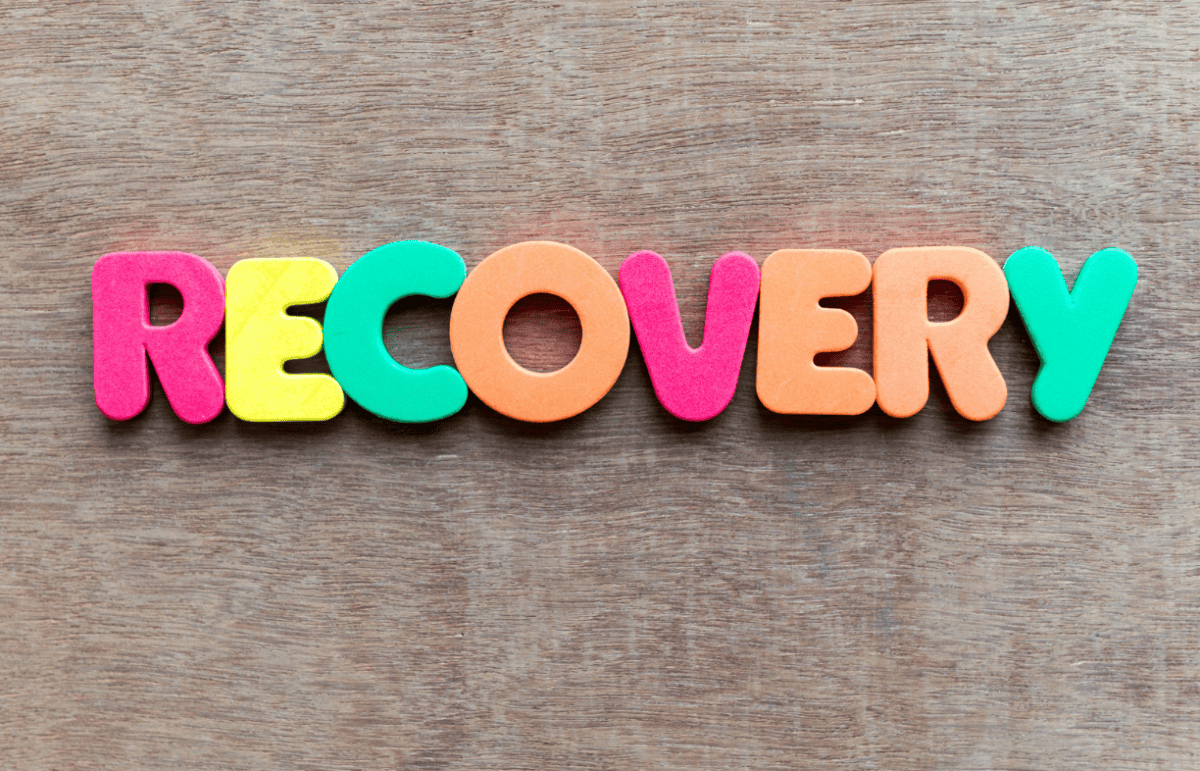Recovery from addiction is a deeply personal journey, one marked by its own set of challenges and milestones. It requires more than just the cessation of substance use; it demands a fundamental transformation of one’s lifestyle and outlook. For those entangled in the grips of addiction, the road ahead can seem daunting, yet it’s also filled with opportunities for profound growth and self-discovery.
In this article, we delve into the multifaceted process of rebuilding your life after addiction, documenting the promise that healing and hope can bring to those willing to pursue this courageous path.
Understanding the Journey of Recovery from Addiction
Recovery from addiction is a complex journey that goes beyond physical dependency, touching on mental health, personal history, and emotional resilience. It’s a process that requires patience and an understanding that progress may come with setbacks. Each step, whether forward or back, offers valuable insight that strengthens one’s commitment to lasting change.
Effective recovery must be tailored to the individual, recognizing that one size does not fit all. While some may benefit from medication-assisted treatments, others may find holistic support at HART Rehab’s personalized substance use recovery programs. By embracing both the science of addiction and compassionate approaches, recovery can become a more empowering, stigma-free path.
Embracing the Process of Internal Healing
Substance abuse often conceals deeper issues that emerge once sobriety is achieved. Internal healing involves confronting these challenges, including therapy, self-reflection, and self-forgiveness for past behaviors. Recovery can be a time of intense emotional upheaval, with professional support providing coping strategies and a framework for understanding emotions.
It also focuses on repairing relationships strained by addiction, which can sustain long-term sobriety by rebuilding a support network of loved ones. Commitment to making amends aids in healing both the individual and their relationships. Self-discovery often leads to reevaluation of values and beliefs, establishing a new sense of purpose and identity that is not tied to substance use. This renewed sense of self is a powerful force in maintaining sobriety.

Building a Support System for Long-term Sobriety
A strong support system is crucial for successful recovery, including family, friends, healthcare professionals, and peers who have experienced similar struggles. Social support provides motivation, accountability, and emotional solace during difficult times. Peer support groups, like 12-step programs, offer a sense of community and healing space, offering collective wisdom and encouragement.
Family therapy and couples counseling are essential components of a comprehensive support system, helping family members understand addiction and foster a conducive home environment. Effective communication skills in these settings can mend trust and reinforce healthy interaction patterns. Professional support from therapists, counselors, or coaches can significantly enhance an individual’s coping mechanisms, guiding them through the recovery process and ensuring healthy, sustainable practices.
Finding Purpose Beyond Addiction
Discovering a purpose in life can be transformative for those in recovery, helping to counterbalance the pull of substance use. Purpose often emerges through meaningful work, hobbies, or service to others, all of which can offer structure and fulfillment.
Pursuing education or a career path, such as paralegal studies, brings a fresh sense of accomplishment and direction, with options to explore outlined at https://online.uc.edu/blog/8-reasons-to-pursue-a-career-in-paralegal-studies/.
Service work or volunteering also strengthens one’s sense of belonging and self-worth, promoting healing by connecting to the broader community. This journey toward purpose and identity rebuilds self-esteem and fosters a life that feels rich and meaningful, proving that fulfillment is achievable without substances.

Strategies for Maintaining Hope in the Face of Challenges
Hope is crucial for recovery, as it motivates individuals to push forward despite setbacks. It can be maintained through daily affirmations of progress and celebrating victories. Self-care practices like mindfulness, exercise, and nutrition help maintain mental health and hope. These habits stabilize mood, reduce stress, and promote overall well-being.
Connecting with a support system, especially during doubt, reminds individuals they are not alone and provides reassurance. Sharing struggles and seeking guidance during low points can provide strength. Cultivating resilience involves viewing challenges as opportunities for growth, fostering a cycle of positivity and hope.
Altogether, the journey from addiction to recovery is a testament to the resilience of the human spirit. By embracing healing, fostering support, seeking purpose, and cultivating hope, one can truly rebuild a life of fulfillment and meaning beyond addiction.


